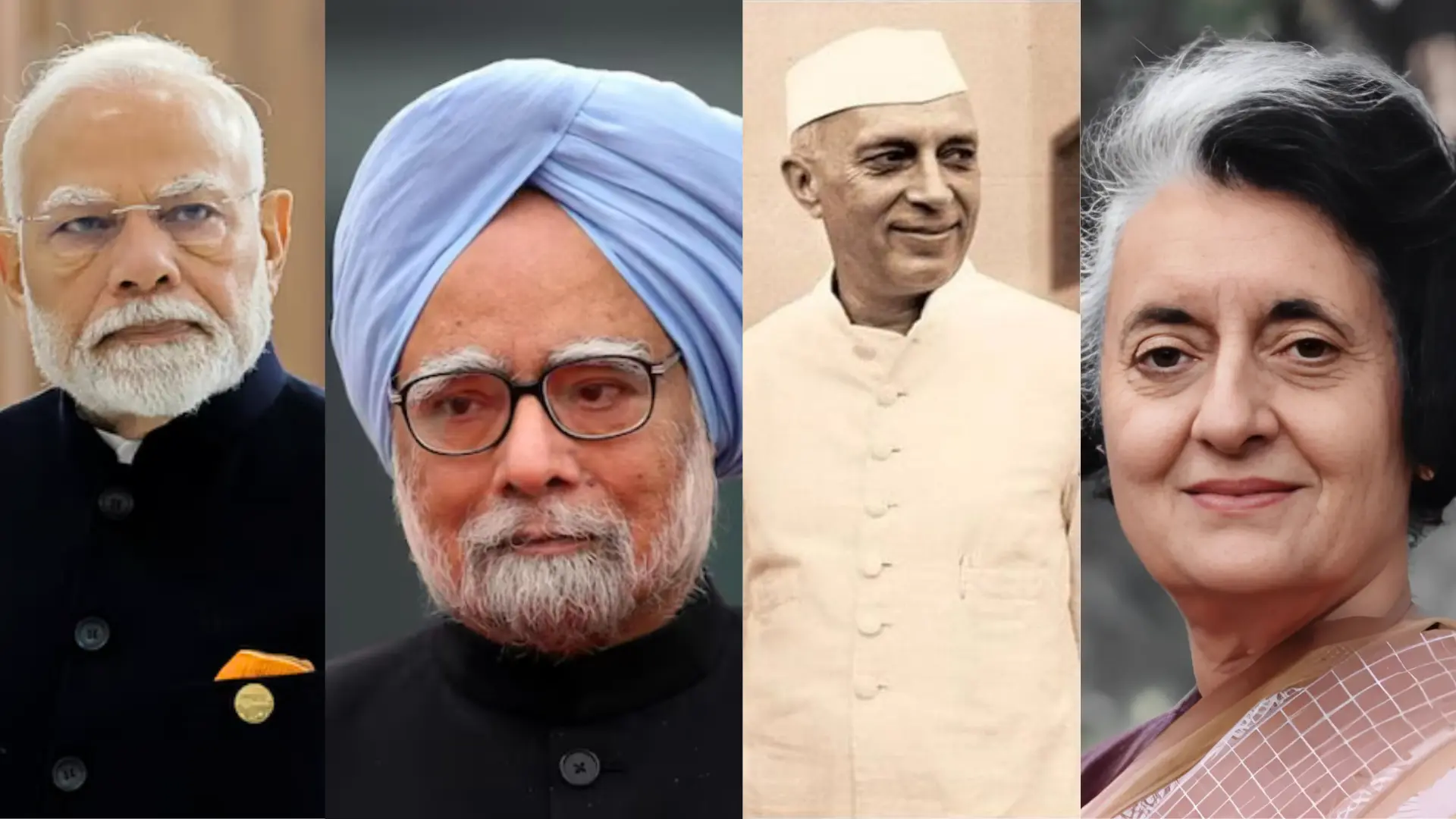In a significant move, the Karachi Bar Association has filed a petition in the Supreme Court of Pakistan, contesting the legitimacy of the 26th Constitutional Amendment.
Advocate Faisal Siddiqui, representing the Karachi Bar, submitted the petition, seeking the amendment’s repeal and the annulment of decisions made by constitutional benches formed under its provisions.
The petition names Pakistan’s federal government, its four provincial governments, the election commission, and the speaker at the National Assembly as respondents. The 26th Constitutional Amendment was passed by the National Assembly with a two-thirds majority on October 21, following its approval in the Senate.
Reforms and Controversy
The amendment introduces reforms to the appointment process and tenure of the Chief Justice of Pakistan, as well as the establishment of constitutional benches in the Supreme Court. These benches ensure equal representation from all provinces, and the amendment also proposes the creation of constitutional benches in the high courts.
However, the petitioners argue that these reforms compromise judicial independence and fundamental rights. They contend that the amendment undermines the autonomy of the judiciary and compromises the integrity of the constitutional benches.
Implications and Consequences
The challenge to the 26th Constitutional Amendment has significant implications for Pakistan’s judicial system. The outcome of the case will determine the fate of the amendment and its impact on the country’s constitutional framework.
As the Supreme Court deliberates on the petition, the nation waits with bated breath. The decision will have far-reaching consequences for the rule of law, judicial independence, and the future of Pakistan’s constitutional landscape.
A Critical Juncture
The Karachi Bar Association’s petition represents a critical juncture in Pakistan’s constitutional history. As the judiciary navigates this complex issue, it must balance competing interests, uphold the rule of law, and ensure that the constitutional framework remains intact.
The world watches as Pakistan’s Supreme Court grapples with this monumental challenge. The decision will shape the country’s future, influencing the delicate balance of power between institutions and the fundamental rights of citizens.
Read More: Plane Crash In Kazakhstan Was Hit By Russian Surface-To-Air Missile: Azerbaijani Government Sources


















